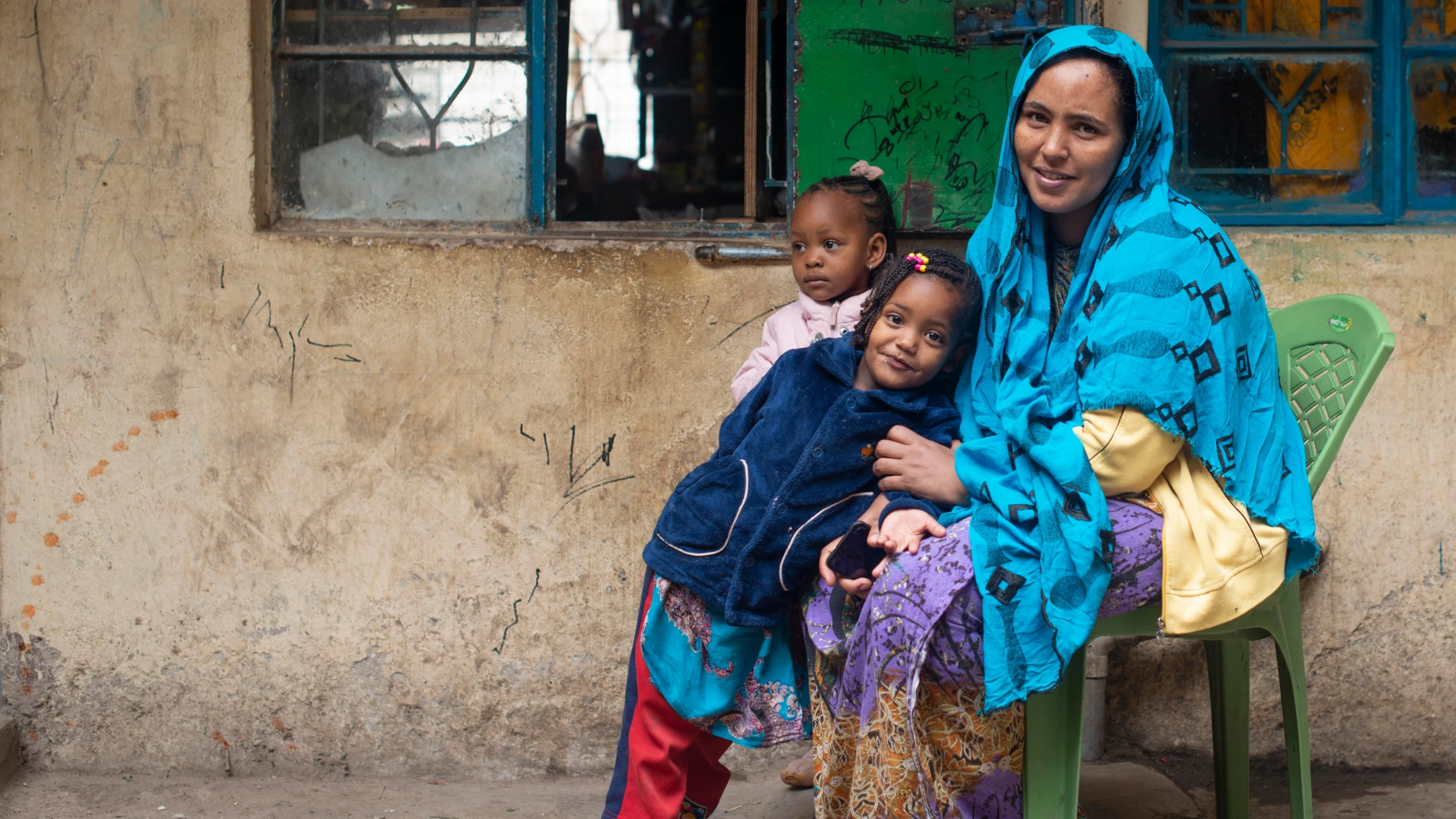- Systems Change
Your gift will be used to deliver lasting solutions for refugees around the world, and help them rebuild their lives in safety.

Stay in the know about our work with refugees: get RefugePoint news, refugee stories, events, and more delivered right to your inbox.
This site is protected by reCAPTCHA and the Google Privacy Policy and Terms of Service apply.